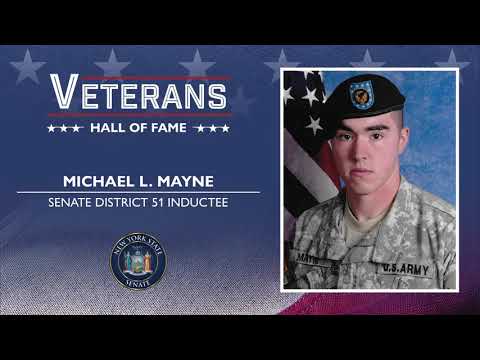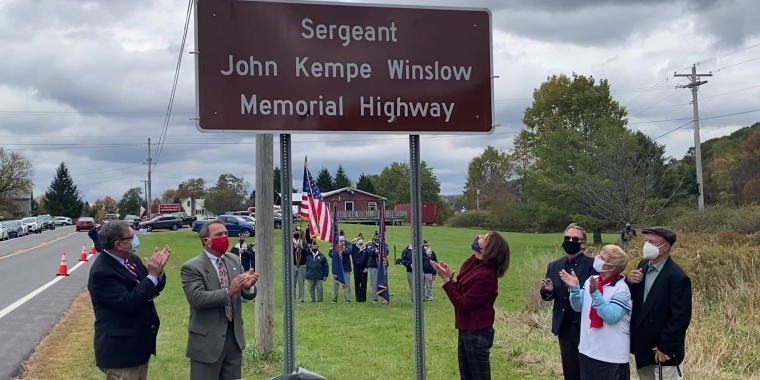
Senate Boosts State’s Disaster Prep

The New York State Senate has approved several bills that would boost state and local emergency preparedness, Senator James L. Seward said today. Seward was the first chairman of the senate’s panel to look at emergency and disaster readiness following September 11.
The package of legislation that would greatly enhance the ability of state, local governments, businesses, and New York citizens to prepare and respond to any type of catastrophic event, whether man-made or natural, by requiring counties to enact preparedness plans, establishing standards for evacuating and sheltering nursing homes during emergencies, and increasing penalties for individuals who tamper with nuclear power plants.
"We can not relax our vigilance and lapse into complacency with regard to planning for disasters," Seward said. "With windstorms, hurricanes and even a weakened high hazard dam in Gilboa in my district, the need for significant advanced planning and preparation are obvious. The images on TV from New Orleans should motivate us all to do what we can to enact effective and coordinated strategies for dealing with disasters."
The Senate passed the following legislation:
S. 179A -- Requires county governments to have preparedness plans with more details and in place before disaster strikes. The bill clarifies what provides optimal protection for New York’s citizens, including an assessment of the county’s health care infrastructure, an updated roster of volunteer medical personnel, identification of a local stockpile of pharmaceuticals, and a strategy for identifying and coordinating emergency services organizations in the wake of a disaster;
S. 180 --Adds new criminal penalties for terrorism at a nuclear power plant;
S. 177 -- Amends the defense emergency act by delineating people eligible to succeed the governor in the event of a man-made or natural disaster;
S. 184 -- Requires emergency announcements in multiple languages so that all New Yorkers will be informed during times of crisis;
S. 6913 -- Counties would be required to consider the issue of pets when they evaluate where and how they will shelter people when they develop their disaster plans. During Hurricane Katrina, many people refused to evacuate their homes because shelters refused to allow pets;
S. 6912 -- Requires the state Office of Homeland Security, in conjunction with the state Department of Health, to develop standards for nursing homes on procedures during a disaster. It includes standards for food and water and keeping generators and staffing levels during the disaster. During Hurricane Katrina, several people died at a nursing home when the power failed and staff didn’t show up.
The senate will act in the near future on the following legislation:
Port Security – The package of bills includes legislation that would close existing security gaps at the Port of New York and New Jersey. The legislation was recommended by the Waterfront Commission of New York Harbor, whose mission is to investigate, deter, combat, and remedy criminal activity and influence at the port. With approximately 40 million people living within 50 miles of the Port of New York, the consequences of a terrorist attack would be devastating.
-30-



